News
Send-off in honour of three retirees from Audit Service
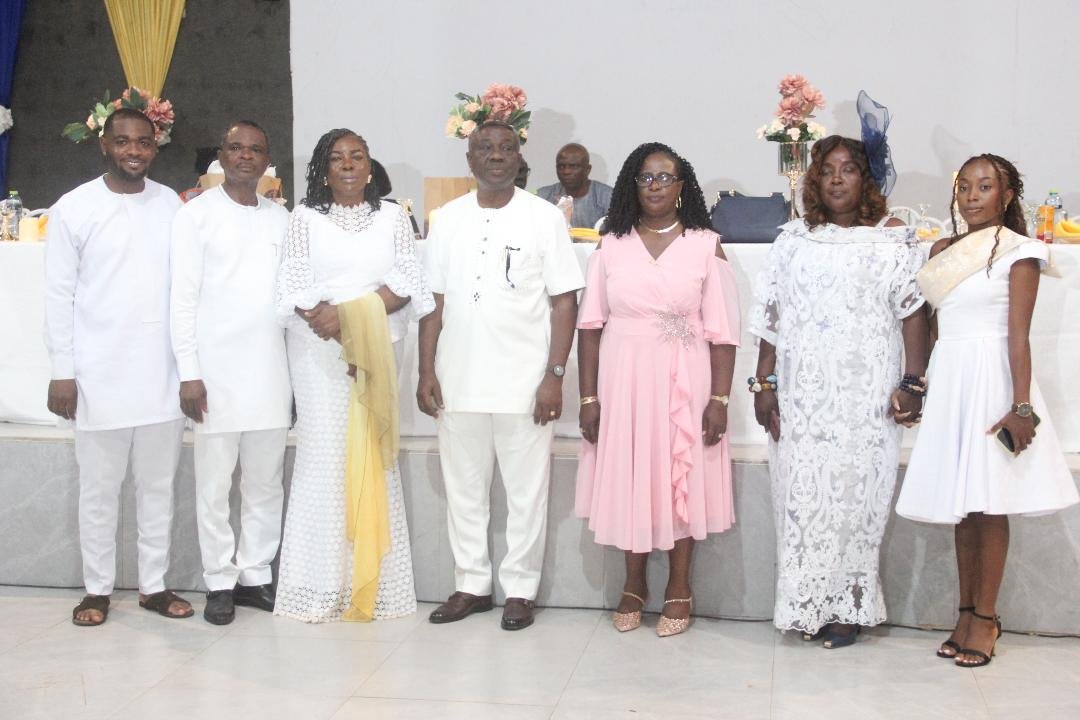
•The retirees with their families
A Send-Off party was recently held in honour of three Ghana Audit Service (GAS) retirees, and the atmosphere at the Accra College of Education Assembly Hall in Madina was filled with excitement, fulfillment and a sense of accomplishment.
The retirees include Mr Robert Kofi Fiadzo, who went through the ranks of the Audit Service after nearly 38 years of service and eventually became the Regional Auditor in charge of Greater Accra, a position he maintained until his statutory retirement.
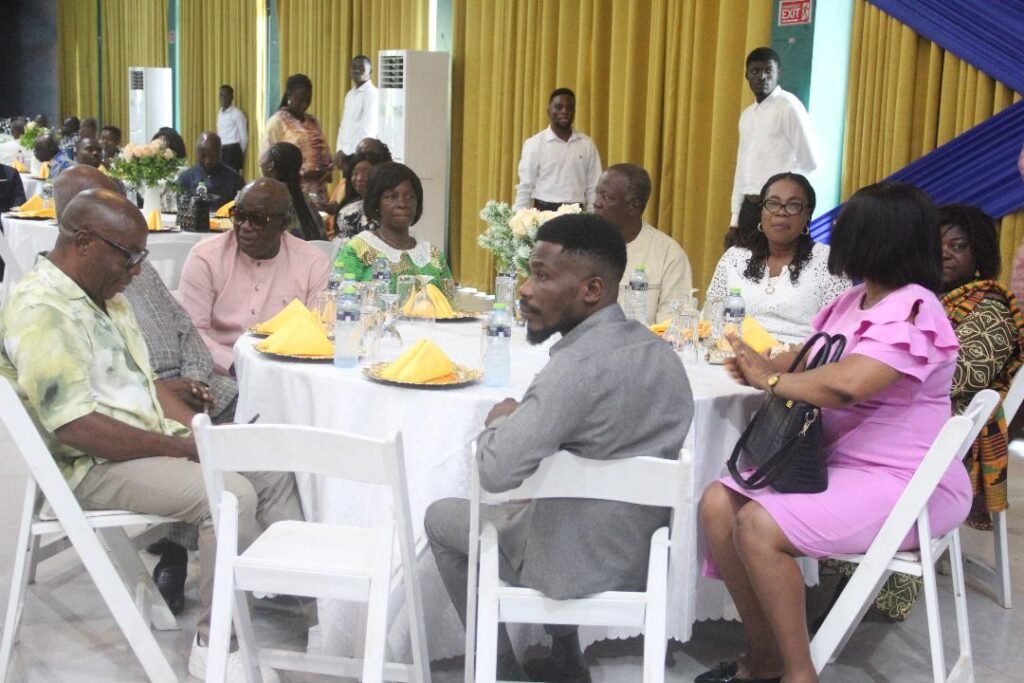
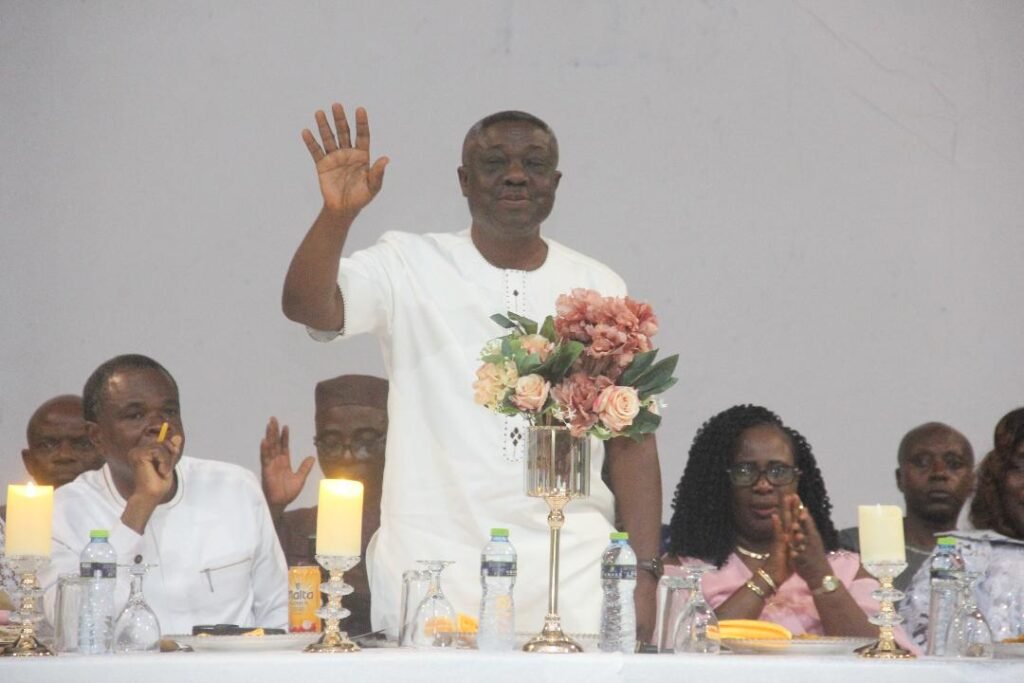
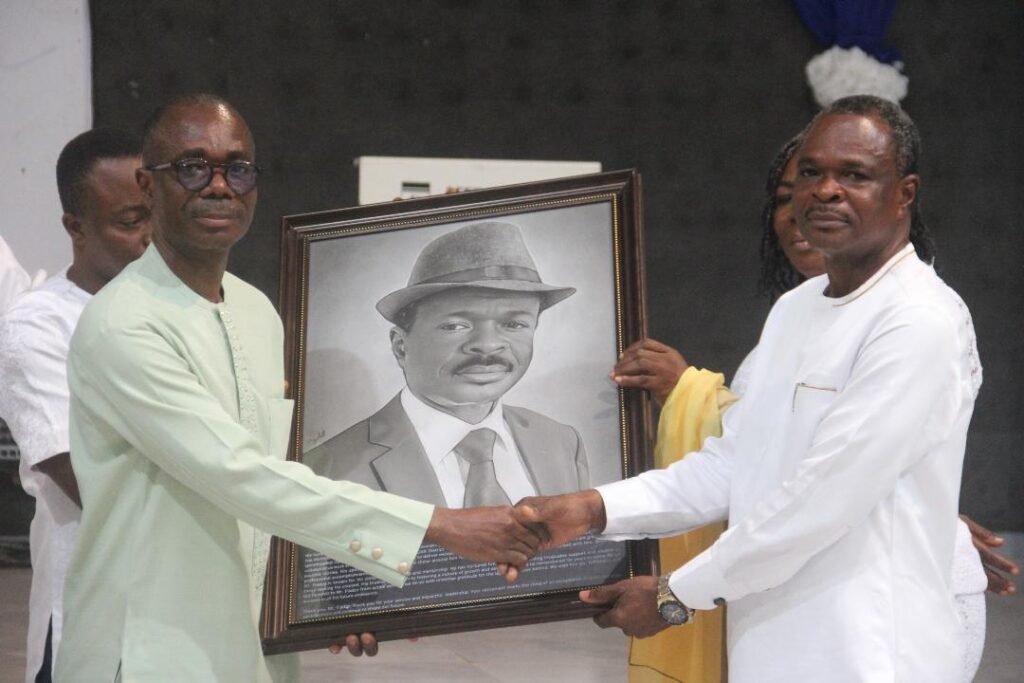
Additionally, until his mandatory retirement, Mr Francis Seth Bassah, who has a Master of Business Administration (Finance option), served as the District Director of Greater Accra District A.
Due to his excellent performance he was elevated through the ranks to accomplish this achievement.
Mr Patrick Adzowu served for 38 years in a variety of roles and places before taking on the role of District Director in charge of Greater Accra District C, a position he held until his statutory retirement.
Mr Adzowu is a kind, peaceful, calm, and friendly man with a great sense of humour. He had a profound effect on the lives of many people who worked with him, and he continues to inspire and guide many more who have served under him.
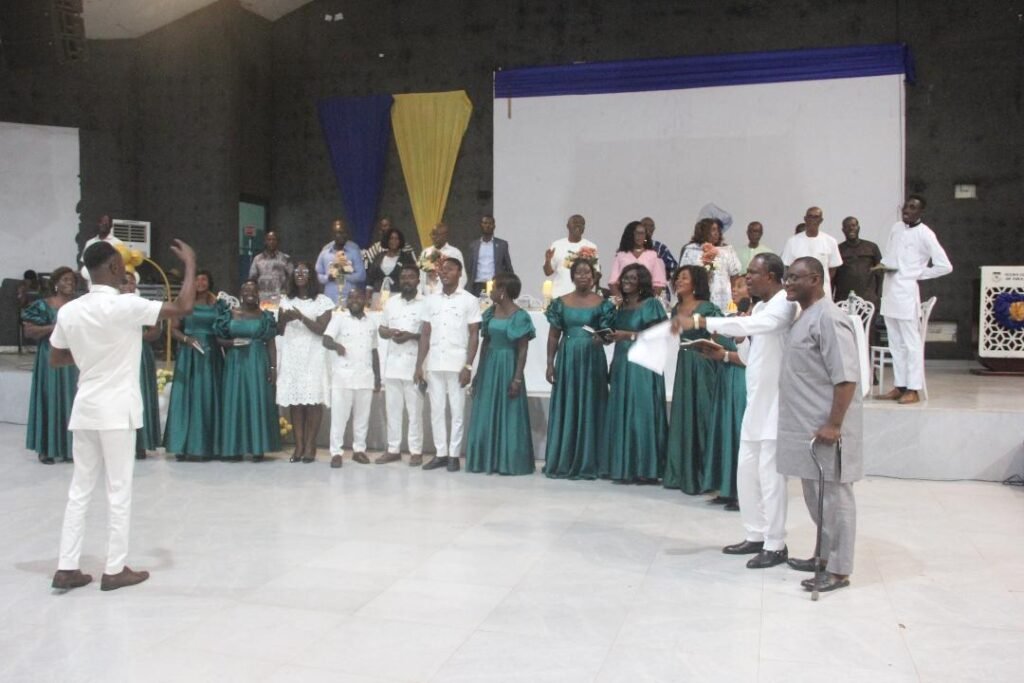
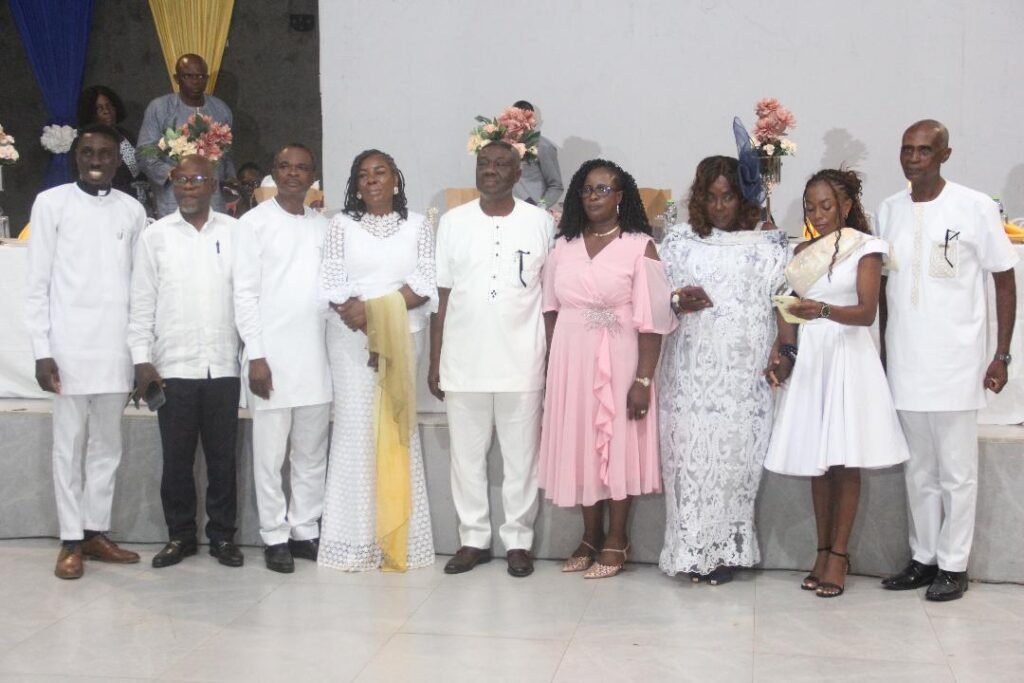
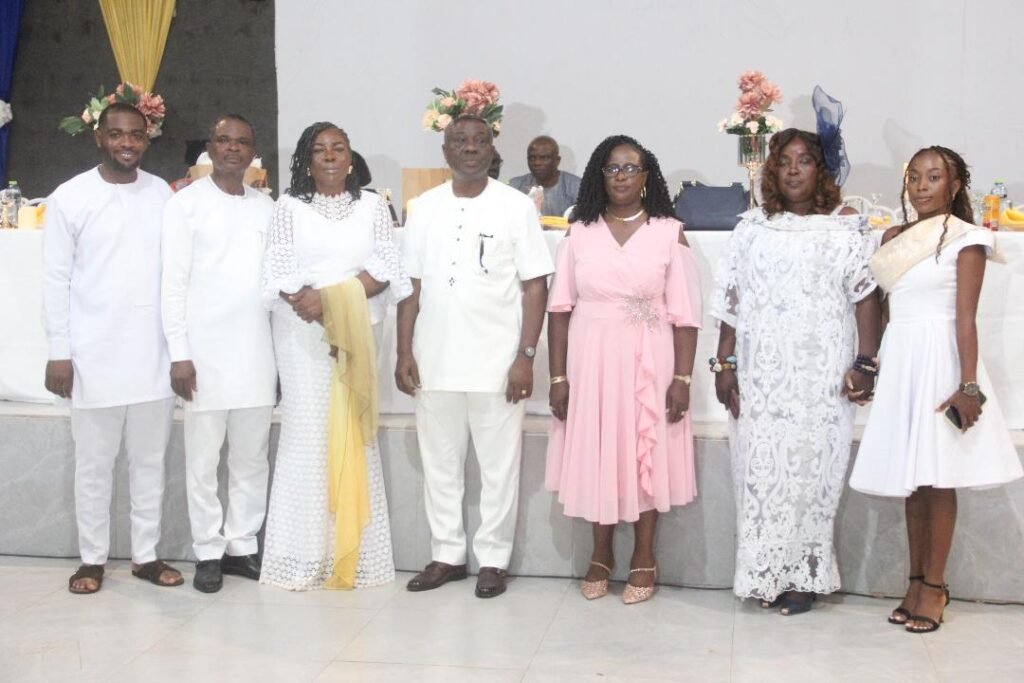
Attendees included auditors, the retirees’ coworkers, clients, church members, family, friends, and loved ones.
In his farewell speech, Mr Fiadzo, a Chartered Accountant, expressed appreciation to the Almighty God for his life and that of his family for how far He has brought him and was also grateful to his colleagues and loved ones who joined in the celebration.
According to him, “my career in the Audit Service was more than a job, it was a calling that I answered wholeheartedly, driven by a desire to make a tangible difference in the lives of others.”
Over the years he served in various capacities from Team member, Team Leader, Branch Head, District Auditor, and finally Regional Auditor with the current rank of an Assistant Auditor General.
“Each of these capacities came with its unique challenges and rewards. I have been a steward of public trust who has witnessed the power of resilience, of the human spirit and impact of collective action,” he noted.
Through his instrumentality as the Regional Auditor he took some initiatives in consultation with his district officers which led to the current facelift of the regional office among others.
“I am overwhelmed with a sense of fulfillment and anticipation for the future,” he added.
The retirees were presented with various gifts. The Redeemed Baptist Church (RBC) Choir at Ogbojo graced the occasion with their melodious songs.
By Georgina Quaittoo
News
Craze for x’mas shopping: Crowded markets, low patronage

Vendors of food and other wares associated with the Christmas celebration have expressed surprise at the low patronage despite the increased number of visitors to some of the major markets across the capital.
Four days to the celebration(Christmas), the markets are filled with various products ranging from food, clothing, livestock and many other stuff, but according to the vendors, patrons are doing more ‘window’ shopping.




The Spectator on visits to some of the markets in the capital, notably the Odawna, Makola, Accra Central Business District, New Town and others made similar observations as shoppers crowd them but did little in terms of purchases.
The paper also observed that majority of vendors, originally selling other wares have switched to product related to the festive season.
What it means is that there are a lot more clothes, food and vegetables, livestock and poultry, toys, firecrackers, drinks of different types and many others on display.




The markets have also stretched to the pedestrian pavement, leaving very narrow spaces for commuters to move about freely.
That, in addition to a few of the female vendors dressed in coloured attires to reflect the occasion, has heightened the euphoria, leaving the low sales as the only headache for the vendors.
Speaking with this paper, they sounded very optimistic, believing that sales would improve in the last few days to the yuletide.
According to them, there was the opportunity to sell beyond Christmas as the New Year celebration offers similar opportunity to trade the same wares.
They urged patrons to throng the markets to shop since prices were quite moderate and products affordable for all.
News
Retirement service for Elder John Ackom-Asante,3 others

Retired Deputy Editor of The Spectator, Elder John Ackom-Asante, was last Sunday honoured by the Church of Pentecost Windy Hills District in Kasoa in the Central Region, with a retirement thanksgiving service, after serving for 26 year as an Elder of the church.
He was honoured with a citation and certificate of service along with three other elders who served in the capacity for various years.





Elder Ackom-Asante was baptised at the Darkuman Central Assembly in 1979 and ordained as an Elder in 1997.
The citation read “Your selfless service, zeal, willingness to relate wholeheartedly and your desire to effect change has gone a long way to shape the lives of many people in the church and the nation over the 26 years of your dedication to the service of the Lord.”
Elder Ackom- Asante held many positions at the Darkuman Central Assembly, Obuasi in the Ashanti Region and Tema, serving in various capacities as youth and evangelism ministry leader and marriage counsellor.


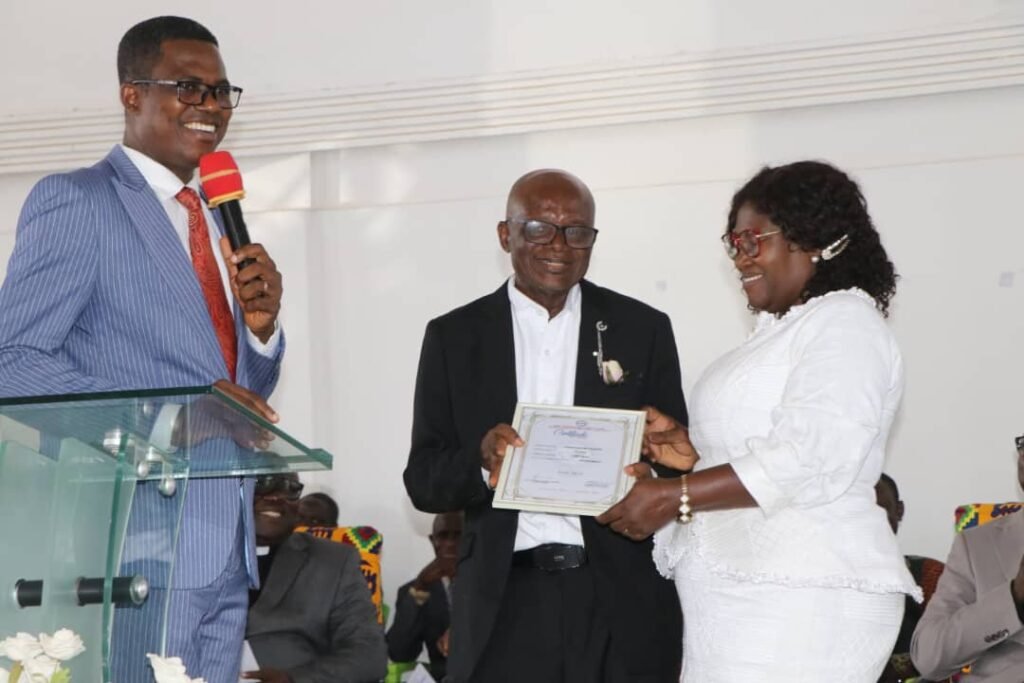




He was the founding member of the Darkuman Christian Fellowship, a member of the Greater Accra Christian Fellowship; member of Bible Society of Ghana; founding member Obuasi Chapter Full Gospel Businessmen Fellowship International and founding member of New Times Corporation Christian Fellowship and Chaplain, Methodist University Tema Campus 2009- 2010.
As a professional journalist, Elder Ackom-Asante combined effectively and efficiently his duty as a member and elder of the church and the demands of his profession, with admiration from the church, kith and kin, till his retirement on December
From Alhaji Salifu Abdul-Rahaman, Kasoa











